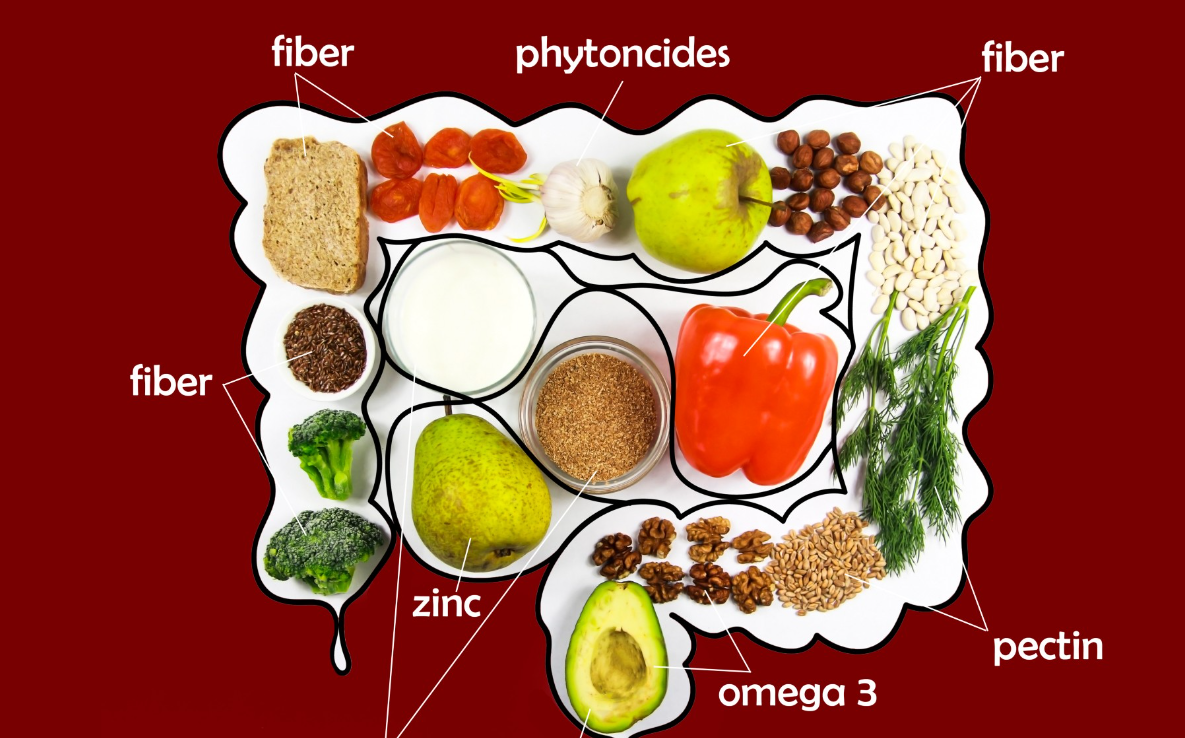We all have trouble with our gut from time to time. An unbalanced gut can cause digestive symptoms, a candida infection, fatigue, aches and pains, a lack of concentration, and other symptoms. On the other hand, a healthy gut can improve digestion, increase energy levels, reduce the risk of candida symptoms and otherwise help you lead a healthy, balanced life. Here are some tips to help you to balance your gut bacteria, improving your digestion, and reducing the risk of other symptoms and infections.
Recognise the Symptoms of an Unbalanced Gut
The symptoms of a poorly balanced gut, like fatigue and brain fog or yeast infections, are often confused with other things. Many common symptoms like these start with gut issues, so looking out for them is important. If you are having any issues, from reflux to fatigue, it’s important to look at your diet and readdress the balance.
Tackle Candida
Candida overgrowth in the gut can cause skin issues, bowel problems, fungal infections, yeast infections and other symptoms.
What is candida?
Candida is actually a fungus but is often referred to as a yeast. It is one of many microorganisms that live in our guts, throat, mouth, skin, and other areas. It helps with digestion, promotes good immune system responses, and improves vitamin absorption of food. But when our gut is unbalanced because we’re taking certain medications, eating a lot of processed food and sugar, or are dealing with stress, we can experience candida overgrowth.
Reducing Candida Overgrowth
If you are suffering from any of the symptoms of candida overgrowth, you should first get a candida test. Then, look at treatment for the symptoms of candida, and find other ways to rebalance your gut.
Eat a Diverse Diet
One of the best ways to balance your gut is to eat a wide range of foods with diverse ingredients and flavours. This is the best way to ensure you get a wide range of vitamins, minerals, nutrients and healthy bacteria that will support good gut health.
Eating diverse foods also means that when you do eat something different, your body will be well prepared.
Eat Natural Foods
Processed food isn’t as easy to digest as natural foods. People who eat a lot of processed food are much more likely to face digestive issues in the future. Eating natural food helps your body to keep to a natural rhythm.
Stay Hydrated
Staying hydrated helps your body to function at its best, your gut included. Try to drink two litres of water a day.
Eat Fermented Foods
Fermented foods have a wide range of health benefits and can contribute to a healthy gut. Some of the best-fermented foods to try include:
- Miso
- Kimchi
- Kombucha
- Sauerkraut
- Kefir
- Probiotic yoghurts and yoghurt drinks.
Exercise
Exercise boosts circulation and massages your internal organs, boosting their function and keeping you healthy.
Reduce Stress
Stress affects our bodies in many ways and can affect our gut health. Finding ways to reduce stress can help you to find balance.
Most of us take our gastrointestinal system for granted. We eat, and it does its thing. But a poor diet and stress can lead to an imbalance of the microorganisms and bacteria that keep us healthy. Eating the right things and finding balance can improve your lifestyle and health.

